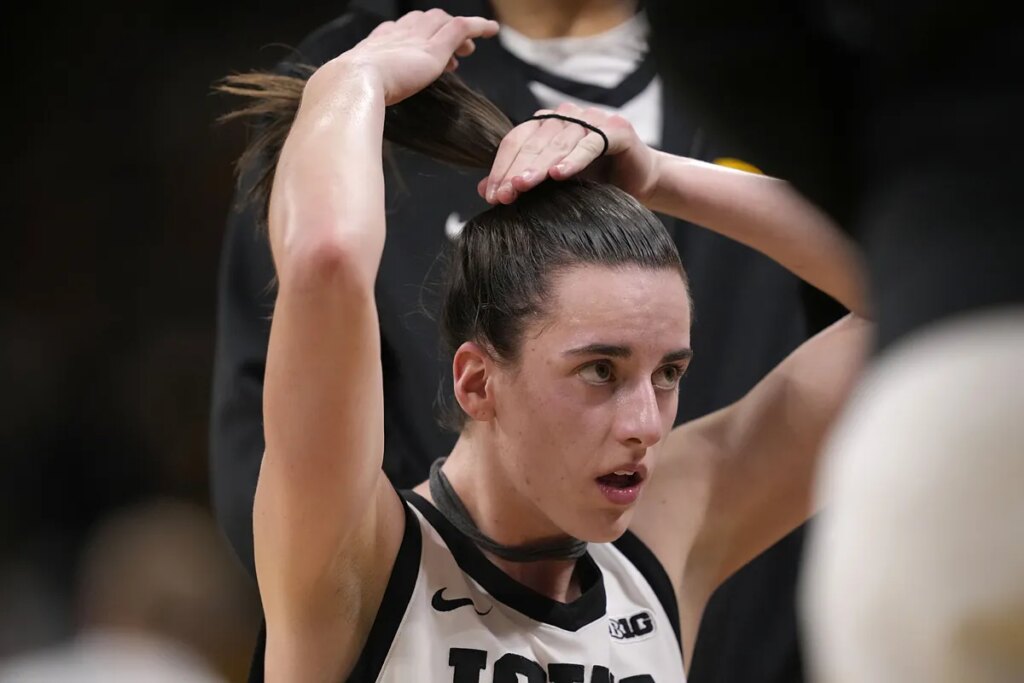Launched earlier this year by WNBA standouts Breanna Stewart and Napheesa Collier, Unrivaled made waves with its Miami-based, 3-on-3 format and player-first approach.
Now, even with two months of WNBA action still ahead this season, the league’s organizers are already locking in their roster for the upcoming edition. And they’ve nearly completed it.
With most of its 42-player roster already locked in for 2026, Unrivaled is holding out hope that some of the WNBA’s biggest names, including Caitlin Clark, will fill those final spots. For a league that prides itself on player empowerment and top-tier competition, the addition of even one of these stars would elevate its profile overnight.
Unrivaled has already shown how serious it is about bringing in elite talent. Last year, the league reportedly pursued Caitlin Clark with a stunning package worth up to $1 million. The Iowa sensation, now starring with the Indiana Fever, ultimately declined. After her decision, Unrivaled paused further pursuit, but the interest has not disappeared.
With the 2026 player pool nearly set, Clark’s name remains at the top of the league’s wish list. Her participation would be a seismic win for Unrivaled not just because of her marketability, but for the rivalries she’d reignite.
League expands roster but focuses on quality, not quantity
In 2025, Unrivaled featured 36 players in its debut season. For 2026, that number will rise to 42, with the additional slots designated for a developmental pool. These six players will serve as injury replacements, ensuring the level of play remains high without overextending team sizes. The number of teams in the competition will remain the same, but the talent pool will deepen.
Unrivaled paid players an average of $220,000 during its eight-week inaugural tournament, more than the average WNBA salary of $150,000 and significantly above the league minimum of $66,000. No player in Unrivaled made less than six figures. And in 2026, those figures are going up.
“The numbers are going up because the business outperformed every metric that we had,” Alex Bazzell, co-founder of the league and husband to Collier, said. “It’s part of our business model that we built from the ground up, which is that as the business continues to drive more revenue, the revenue is going to get funneled back into the players.”
This approach marks a stark contrast from the longstanding pay disparities that many WNBA players have been protesting. With collective bargaining agreement negotiations ongoing in the WNBA, salaries remain a hot-button issue and Unrivaled is positioning itself as both a competitive outlet and a financial lifeline.
Read the full article here

